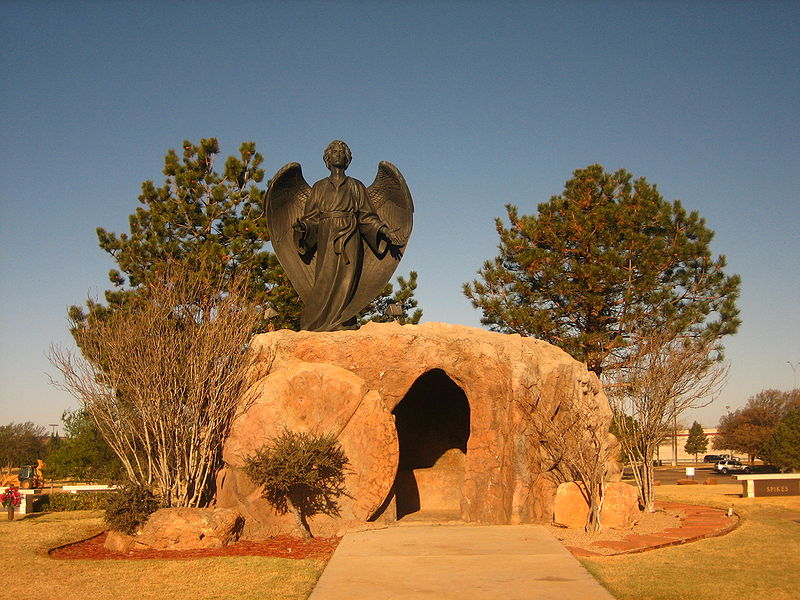 If Jesus died on a Friday afternoon and He rose again on a Sunday morning, then how does one come up with Him being in the grave for three days and three nights?
If Jesus died on a Friday afternoon and He rose again on a Sunday morning, then how does one come up with Him being in the grave for three days and three nights?
I’d like to begin to answer this question by first pointing out how Christ Himself declared that He’d be in the tomb for this period of time…
“[For] just as Jonah was three days and three nights in the belly of the sea monster, so shall the Son of Man be three days and three nights in the heart of the earth.'” (Matthew 12:40)
Now realizing that it’s simply impossible for Jesus to lie (Hebrews 6:18; Titus 1:2), we must therefore approach our question from the premise that the length of time Christ was to be in the tomb (according to His own admission) was really equal to the time in question. He was truly in there for three days and nights.
And yet if a person counts the hours from that Friday afternoon (let’s say around 6 p.m.~ish) to the Sunday morning (let’s say real early – like five o’clock), then the best he can come up with is 35 hours. (With me?) And that’s no where near the length of three complete days and nights (which we all know is 72 hours). So where is the time period Christ talked about? Friday night, Saturday day, Saturday night and Sunday morning only equals one day, two nights and a morning. That’s far short of what Jesus said. So could it be that He really was wrong?
Well, I’ve already stated that’s simply impossible according to the Word of God. So it behooves (I always like using that word) us to attack our question from another angle – actually two angles.
And those two angles are the two most commonly embraced answers used to reconcile the “three days and three nights” scenario. I present them both to you now for consideration.
TRADITIONAL VIEW
The first answer is the traditional view accepted down through the centuries and probably the one you’re most familiar with. And that answer is this: When Jesus spoke of “three days and three nights” He wasn’t speaking in literal terms. Rather, He was just indicating that He’d be in the grave “for parts of three days” (Wycliffe 951). Therefore Friday afternoon to Sunday morning is the period Christ was referring to in Matthew 12:40. It included parts of three days and wasn’t a literal “three days and three nights.”
Now how many of you know that if a person says that he works five days a week that he doesn’t necessarily mean that he works five times 24 hours a day for a total of 120 hours? It could mean that, but it probably doesn’t.
And how many of you also know that if a woman carries a child full-term (for nine months) that the nine months will most likely be a nine months give or take a few days and not necessarily a literal nine months exactly?
This same kind of thinking is the one behind the traditional view of “three days and three nights.” Jesus really didn’t mean for it to be taken literally (as 72 hours), but rather figuratively (for parts of three days).
(To read the conclusion of this post, click here.)
(Picture under the GNU Free Documentation License at wikipedia.org.)



